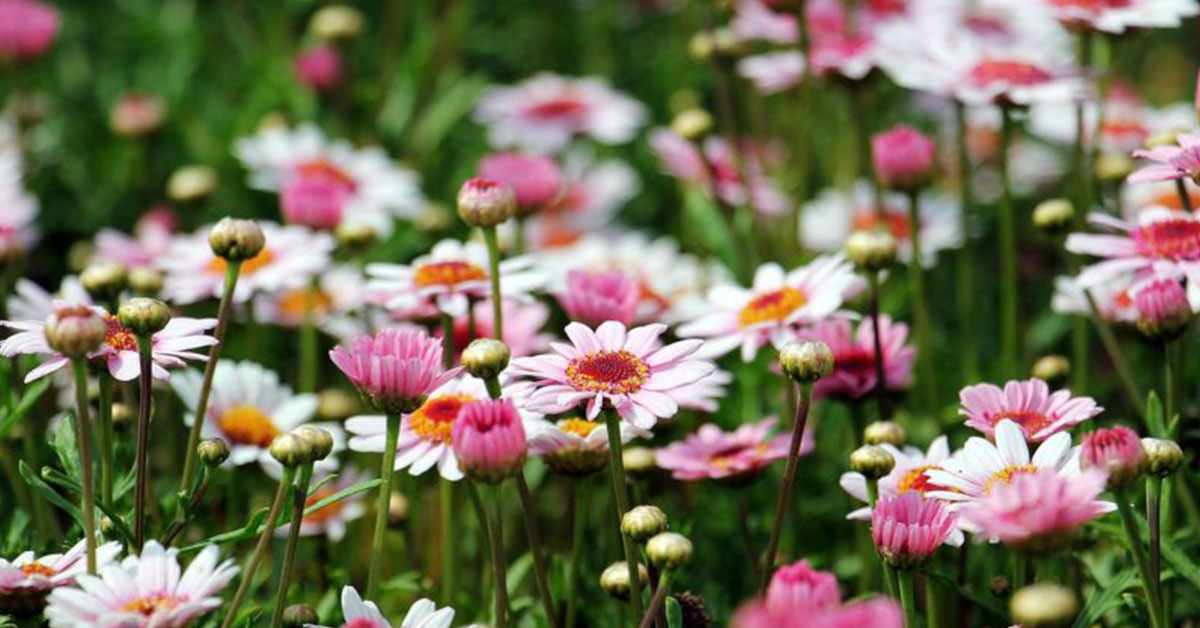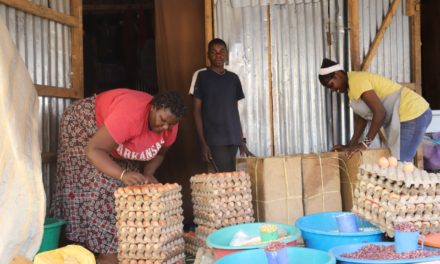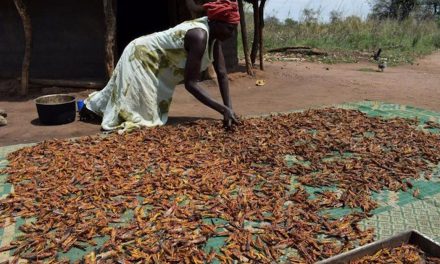
The Smothering Effect Of Corona Virus On Kenya’s Flower Industry

By Pierra Nyaruai
NAIROBI – KENYA: The COVID-19 pandemic has been wilting or killing everything it touches. from people to economies and even industries. One of the industries falling under is Nakuru’s floriculture. The Billion-shilling industry is struggling to stay afloat in a world plagued by disease.
The flower industry in Nakuru employs at least 100,000 people in the numerous flower farms across the county. In light of recent travel bans in a quest to curb the spread of the virus has cost the flower industry more than 60% of its daily exports. tonnes of flowers are ending up in compost pits and other disposal methods instead of flower shop on the streets of Europe.
Flower farms around Naivasha, Rongai, Molo and Subukia are barely maintaining their full staff seeing as production has to be reduced. Many farms are sending their casual workers in a bid to cut down on human resource. A farm worker in Rongai speaks on managing in the present state of work suspension. “I have had to adopt to doing other small jobs to ensure there is food on the table for my kids. I was a casual worker on a farm and they sent us casual workers home and kept the permanent ones. I do not even know if they will take us back.”
The situation is getting direr by the day as more cases of the virus are reported. Social distancing and reduction of gatherings has seen the flower auction at the Netherlands close down. This was the biggest selling point for Kenya’s flowers, the largest batch from Africa. The lack of air transport, which is grounded in most of Kenya’s biggest export market means the flowers have no way of getting to Europe and other foreign markets. The effect of all these activities is rippling onto the Kenyan economy, which is being cost Kshs 30 million daily according to Clement Tuleza, The Kenya Flower Council CEO.
Large flower farms have to adhere to the recommended measures to prevent the spread of COVID-19. Maridadi Flowers CEO Jack Kneppers says they are doing the same with their workers. “We have everyone maintaining social distances on the bus to and from work, in the farm and in the packaging unit. We have not sent anyone home yet as we hope things will be back to normal soon. It is sad that at least 60% of our flower production is going into a compost pit. I wish everyone could take this seriously so that it can end soon.”
The flower industry brought in Kshs 120 Billion in foreign exchange last year, a number that will be almost impossible to match this year. The industry is one of Kenya’s strongholds and the problems it is facing will reflect in the economy. If the situation does not lighten up, thousands of people will lose their jobs permanently.
The county government of Nakuru is putting up measures to ensure that people do not lose their jobs in this wave. The county assembly passed a Kshs 250 Million kitty, backed by the private sector that will give provisions to affected families during the unemployment period. A committee was also formed and tasked with seeking out members of the public in the 19 wards where sacking of flower farm workers occurred.
The Kenyan government continues to urge the public to take measures to prevent infections. Apart from the evening to morning curfew and mandatory sanitization of public places, it passed a bill that made it mandatory to wear a face mask in whenever public.





















Recent Comments